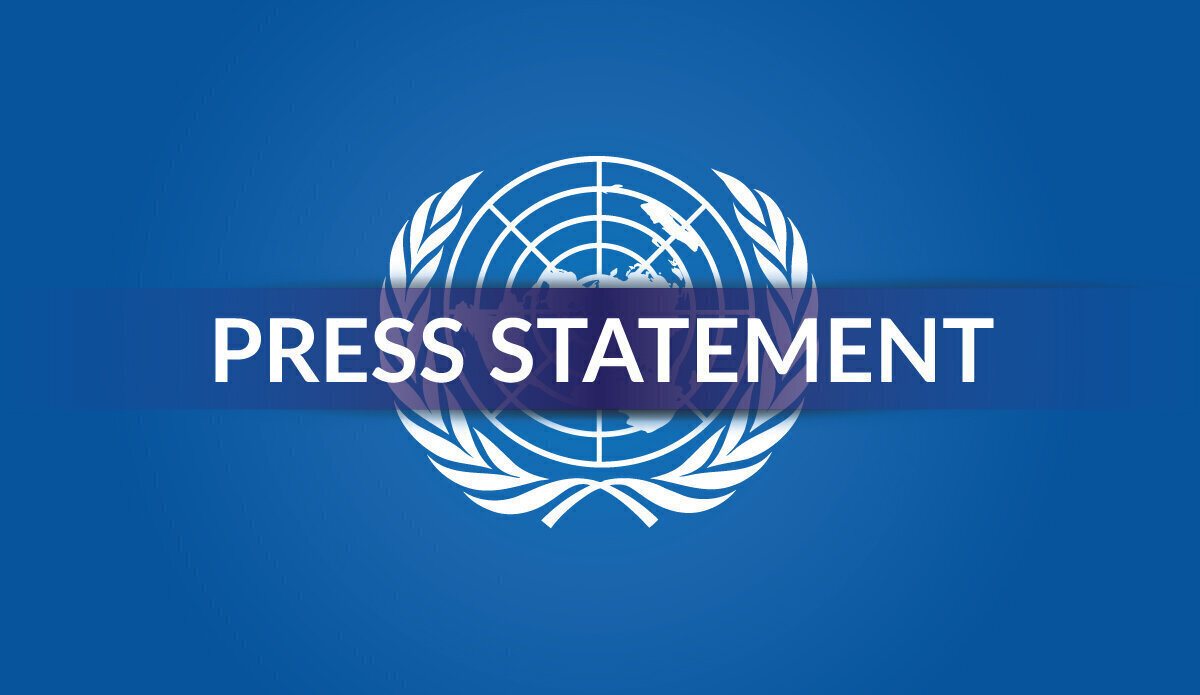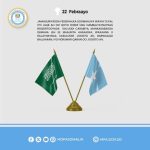“Corruption is a major obstacle to development. It undermines efforts toward state-building, peace and reconciliation. It also undermines public trust and weakens state institutions and their ability to serve the Somali people,” said Mr. Swan.
“In this respect, the United Nations is encouraged by Somalia’s recent accession to the UN Convention against Corruption,” he added. “This is a significant step forward.”
The UN Convention against Corruption (UNCAC), to which Somalia became a State Party on 11 August 2021, is a key international instrument to sustain, manage and track countries’ fight against corruption. It is the world’s only legally binding anti-corruption instrument.
The United Nations in Somalia welcomes the Federal Government’s commitment to implement reforms to strengthen governance and reduce vulnerabilities to corruption. This commitment is evidenced by the appointment of commissioners to the Independent Anti-Corruption Commission in May 2021.
“We urge all branches of the Government to take further measures to uphold integrity and accountability in the management of public finance and resources by strengthening the legal and institutional frameworks against corruption with robust enforcement and punitive measures,” Mr. Swan said.
Globally, International Anti-Corruption Day is observed on 9 December with the aim of raising awareness about corruption issues and the role of the UNCAC in preventing and combating them.





